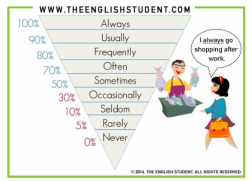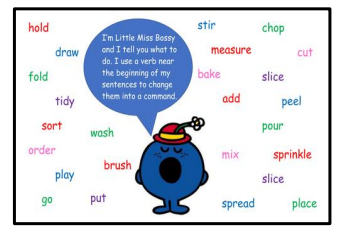Mark the correct alternative:
If you ___ the way, I _____ you up.
Running is _____kind of exercise.
Teacher can use this board to teach lessons about:

An English ____ can be ______ or ______. The first one's form their past and past participle forms by adding –ed.
The other's form their past and past participle forms in _______ ways. (Wilson, P. and Glazier, T. (2011). The least you should know about English. Boston, Mass.: Wadsworth, p.321.)
Which is the correct sentence about present perfect tense:

In the cartoon modal 'can', expresses:
“Knife crime: 'How can I exclude a child from school if his parent gave him the weapon?'"
Check the alternative with the correct correlation of noun and their plural form:
Furious”

The activity above helps teaching:
I saw ____as a famous actor.
The children got dressed ______ .
We often watch TV in the afternoon, _____?
“The students (30 energetic Italian pupils aged 15) have studied the passive forms with their usual English teacher. They can do written exercises to transform active to passive and vice versa and can construct passive sentences and questions (at least in theory). Now I, the conversation teacher, have been asked to practise the passive orally in my next 50 minute lesson."
The text above offers some advices for:
“Get”
When teaching this tense the ultimate goal is to make sure your students understand that it's used to describe routines, habits, daily activities, and general truths. (Thornbury, Scott. (1999). How to teach grammar. Harlow: Longman.)
The directions are about teaching:

